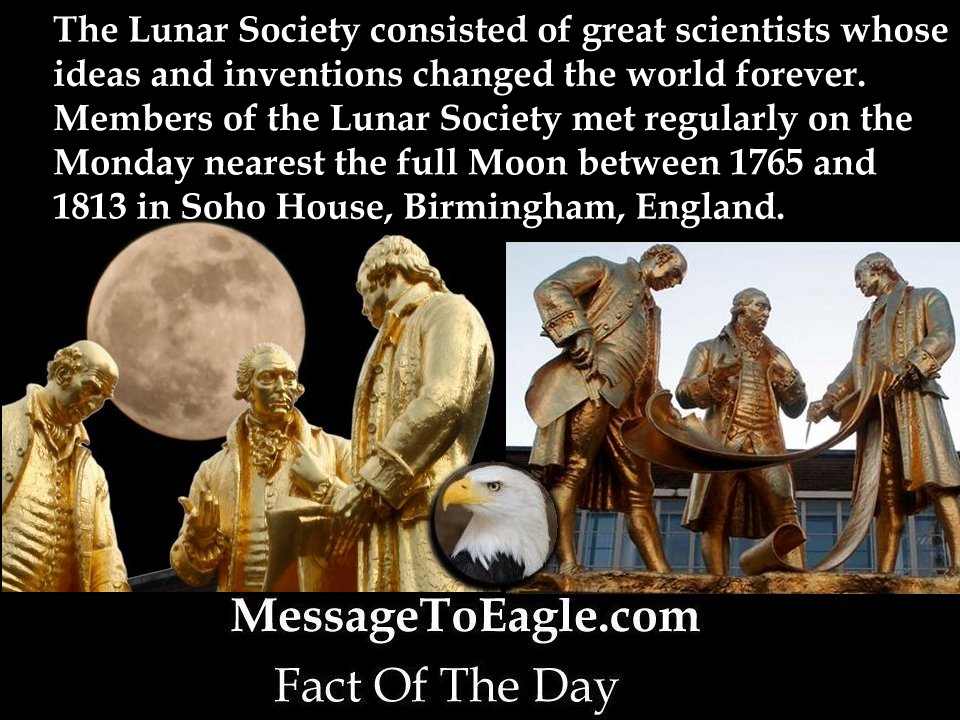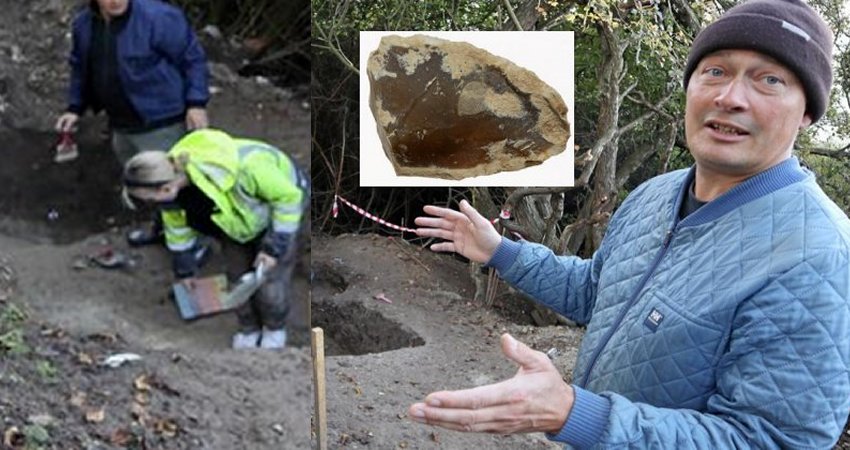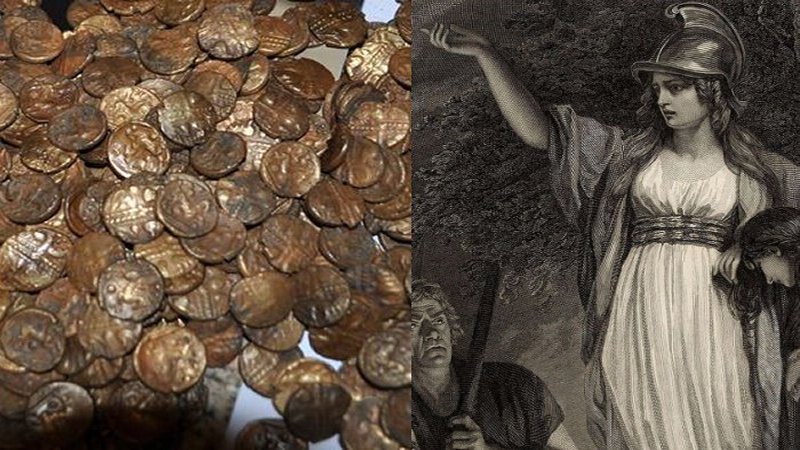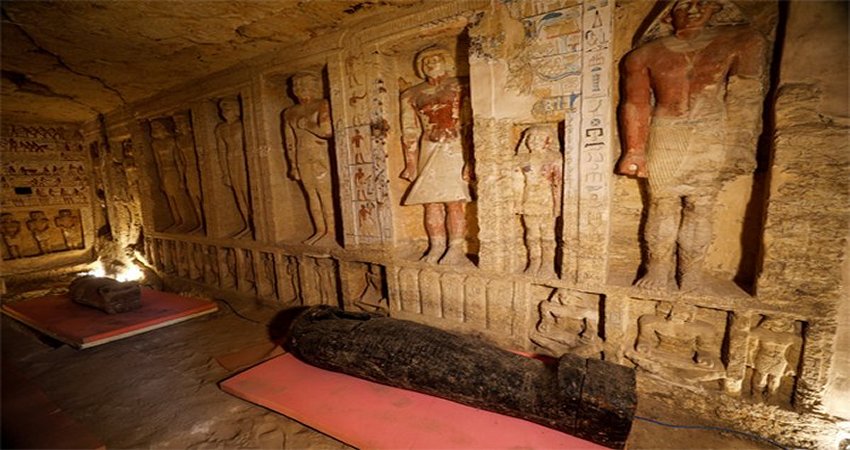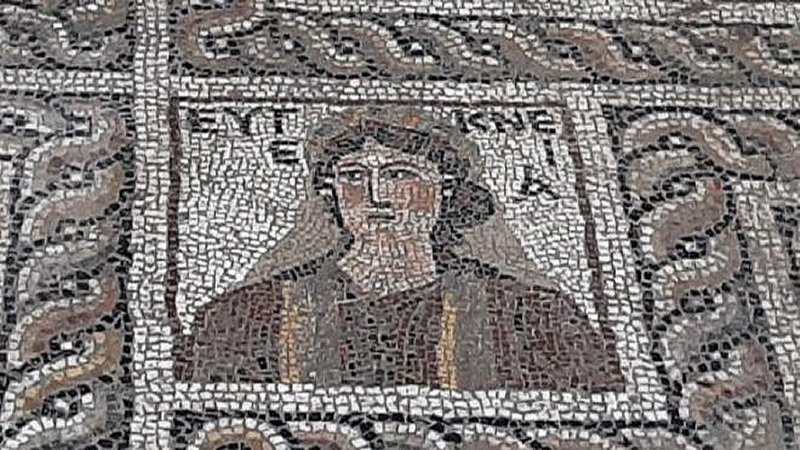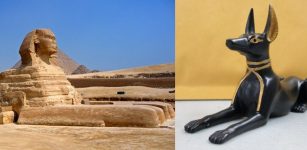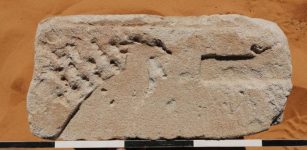Lunar Society: Great Scientists Of The 18th Century Who Changed The World
MessageToEagle.com – The Lunar Society consisted of great scientists whose ideas and inventions changed the world forever. Far from everyone could become a member in the Lunar Society, a club that served as gathering place for scientists, inventors and natural philosophers during the second half of the 18th century.
Members of the Lunar Society met regularly on the Monday nearest the full Moon between 1765 and 1813 in Soho House, in Birmingham, England.
These gifted polymaths used to joke and call themselves lunatics, but this could not have been much further from the truth. They met nearest the full Moon simply because the light was better at night and thus ensured the members a safer journey home along the dangerous, unlit streets.
The Lunar Society never had more than 14 core members and each member was noted for their special area of expertise including the greatest engineers, scientists and thinkers of the day.
They were not only interested in science, but especially in the application of science to manufacturing, mining, transportation, education, medicine and much else. It would be more appropriate to describe them as a revolutionary committee of that most far reaching of all the eighteenth century revolutions, the Industrial Revolution. Supremely confident, they were changing the world forever, and they knew it. They firmly believed that what they were doing would better the lot of mankind.
See also:
Sir Christopher Wren – Genius Mind Of Most Influential British Architect Of All Time
History Of Eyeglasses: One Of The Most Important Inventions Is Lost To History
Hippocrates Didn’t Write The Oath, So Why Is He The Father Of Medicine?
The ranks of the dozen or so regular members of the Lunar Society were often swelled by visits and correspondents from more peripheral members including the likes of Thomas Jefferson, Benjamin Franklin, Sir Richard Arkwright, Thomas Bedoes, Anna Seward, John Smeaton, etc.
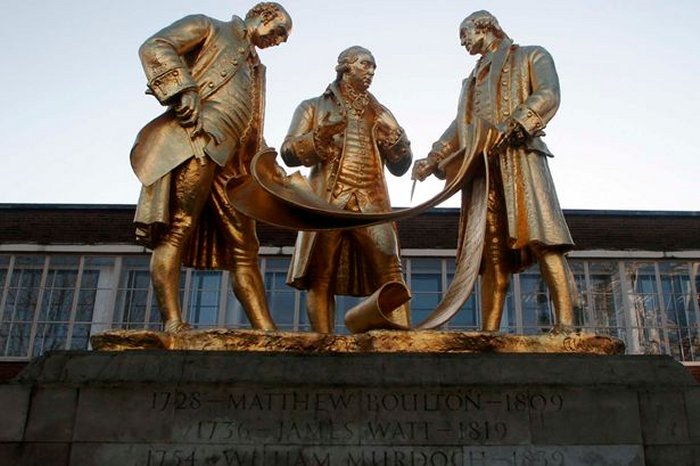
Among the members were great thinkers like:
Joseph Priestley, a minister of religion and amateur scientist who discovered oxygen, the indiarubber eraser and much else, and invented carbonated water.
William Murdock, inventor of gas lighting.
William Small, doctor of medicine who had taught mathematics to the young Thomas Jefferson and who had interests in engineering, chemistry and metallurgy.
Jonathan Stokes, botanist.
James Watt, inventor of the condensing and rotary steam engines, an early copying process and much else; maker of musical and scientific instruments, canal surveyor and more.
Josiah Wedgwood, celebrated potter, canal promoter and Charles Darwin’s other grandfather.
John Whitehurst, maker of clocks and scientific instruments, and a pioneering geologist who did much to work out how the earth had been formed.
William Withering, another medical doctor, also a botanist with interests in metallurgy and chemistry. He is most famous for the discovery of the medicinal properties of the foxglove in treating heart disease, and took the place of William Small following the latter’s untimely death in 1775.
The American statesman Benjamin Franklin was a corresponding member of the society, as were others including John Smeaton, the great civil engineer.
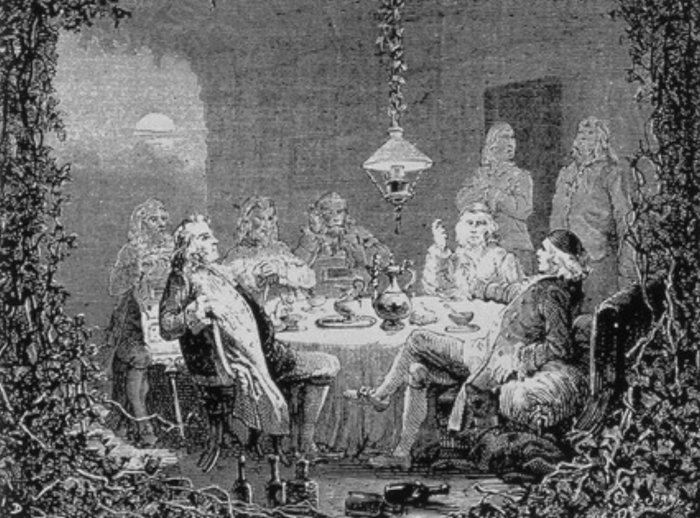
What is not commonly known is that the Lunar men instigated the anti-slavery movement, with Thomas Bicknell writing an anti slavery poem, ‘The Dying Negro’ (1773), Wedgwood produced medallions showing a chained slave with the motto “Am I not a man and a brother”.
They wanted to bring poverty, science and social consciousness to the debate and make our world better.
These were passionate, optimistic, idealistic individuals who marked their place in the world, as the new class, the non conformists and reformers whose domination we feel now.
Although, their informal meetings were a mixture social gatherings, experiments and discussion, they led to great progress and scientific achievements that greatly improved our society.
MessageToEagle.com
Expand for references
